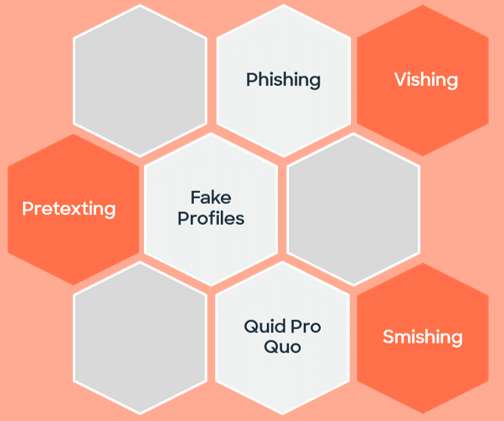Victims Of Tech Support Scam Get Refunds
PYMNTS
FEBRUARY 25, 2020
To support scam victims, the Federal Trade Commission (FTC) will start to send refunds of over $1.7 million to consumers who fell victim to a tech support scam, the agency said in a press release. The FTC will start to provide 57,960 refunds with an average of approximately $30 to each of the scam’s victims.


















Let's personalize your content